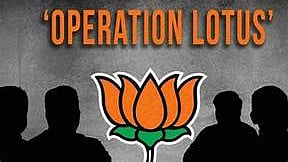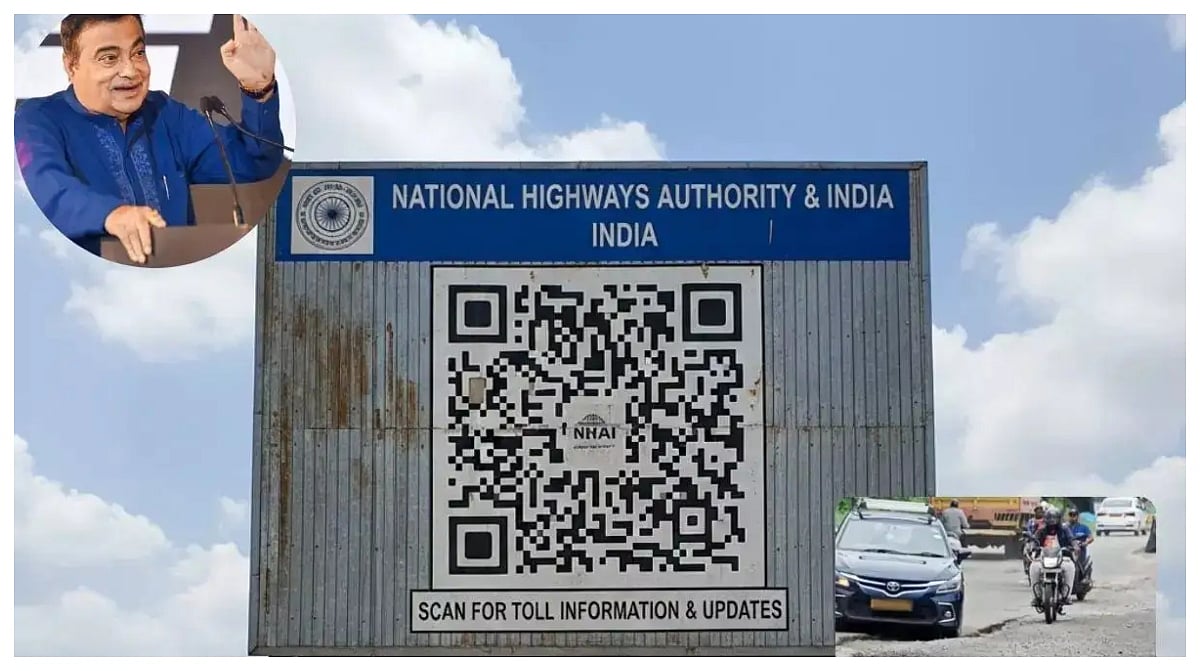IRDA, the insurance regulator announced the draft surety insurance guidelines in September 2021. The norms once finalise will guide the Surety business in India.
What is Surety? How does it work?
To start with, let’s understand what is a Surety and how does it work. A person/company who gives the guarantee is called the Surety, while the person in respect of whose default the guarantee is given is called the principal debtor or the obligor, and the person to whom the guarantee is given is called the creditor or the obligee. The liability of the Surety is usually co-extensive with that of the principal debtor.
The basis of surety underwriting is the assumption of zero loss – which means that the underwriter approaches the proposal with the conviction that the underlying obligation will certainly be fulfilled.
As such it is imperative that the surety is assured of a full recourse against the principal in the event of a default and the subsequent call on the guarantee.
What are the current regulations?
Let us examine the provisions of the regulations currently in place with respect to the rights of recourse available to the surety. According to section 140 of the Indian Contract Act, the surety steps into the shoes of the creditor after the surety has paid the guaranteed debt or performed whatever he was liable for. Hence, the guarantor is entitled to every remedy that the creditor had against the debtor including the debtor’s property. This right of the surety to step in, is also known as the right of subrogation.
Rights of financial creditor, operational creditor
The IBC grants a guarantor certain rights under the Act which includes right of a guarantor to initiate corporate insolvency proceedings against the debtor. The IBC also distinguishes between a financial creditor and an operational creditor and the rights available to them under the IBC.
Further, since the guarantor steps into the shoes of the original creditor under the Indian Contract Act, it is important to ascertain the exact nature of the debt to be able to get an understanding of the rights of a surety under the IBC.
A financial creditor includes any person to whom a financial debt is owed to while an operational creditor means a person to whom an operational debt is owed. Both these debts include any person or entity to whom such debts have been legally assigned or transferred.
Further, it’s important for a debt to have been disbursed for a consideration for time value of money to be classified as a financial debt. Operation debt would mean other debts that includes debt for provision of goods or services, including employment and dues that are owed due to an operation of any law and payable to the Central or the state government or any other authority.
The IBC grants differential rights depending on whether a creditor is an operational or a financial creditor. Operational creditors are neither included in the committee of creditors, nor can they vote on any resolution during the insolvency process and are ranked lower in the hierarchy below the financial creditors for the distribution waterfall.
No clarity on status of surety as a creditor
This is where it gets a bit concerning for an aspiring Surety insurance company. If we are to consider the example of a contractor executing a road project for NHAI and were to default on his obligations leading to the invocation of the guarantee- there is no clarity on the status of the surety as a creditor. As per the Indian Contract Act, a surety will step in to the shoes of NHAI.
Since there is no time value of money exchanged as a consideration, a surety is definitely not a financial creditor, while at the same time NHAI has neither supplied the contractor with any goods nor has it rendered any service to the contractor for which the money is owed. This is just a case of a default of the contractual terms for which the guarantee has been invoked which has no precedence under the IBC.
It gets more concerning – the right to subrogation available to the guarantor is founded on the simple principles of equity and justice that forms the basis of surety underwriting. However, there have been many cases in India that have come up for resolution under the IBC wherein the rights of subrogation have been denied to the guarantor.
If the concept of surety insurance has to flourish in India and achieve the desired objective of creating surety capacities in our country thereby offering much needed relief to the contracting community, care should be taken to impart complete clarity to the rights and recourse available to the surety insurance companies. Surety companies have to be sure about how and where they stand with respect to other regulations in India.
(Vikash Khandelwal is CEO, Eqaro Guarantees)








